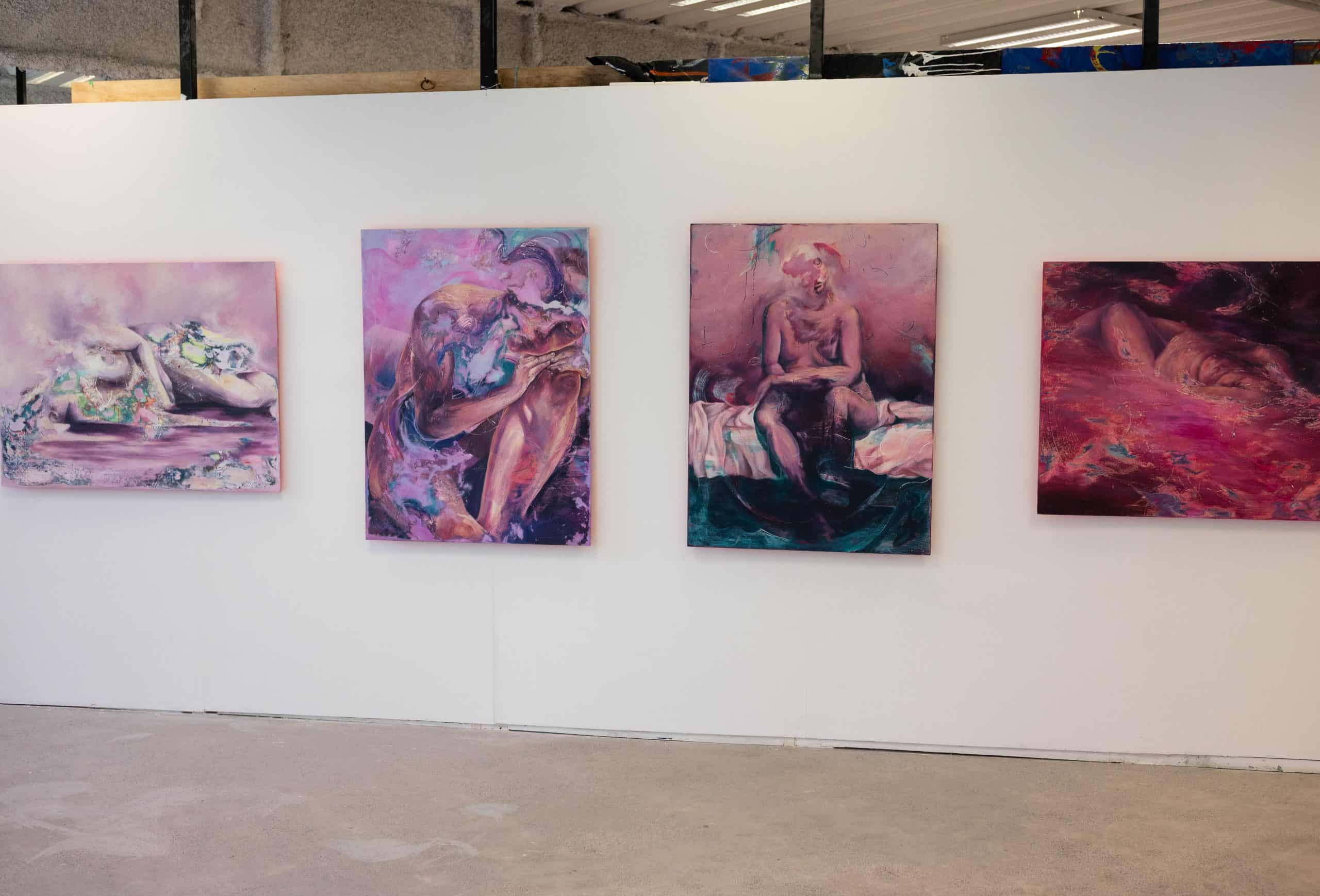
The programme encourages the emergence and development of a meaningful artistic practice through experimentation with a range of creative media and processes.
This is underpinned and supported by teaching the necessary skills, techniques, and research methodologies to foster your creative, practical, and contextual development.
The Whitecliffe Fine Arts department delivers a contemporary and internationally-relevant programme that positions Whitecliffe graduates for a life-long contribution to visual arts and the ever-expanding fields within the creative industries.

The programme aligns the fields of Fine Arts and Photo Media (Photography and the Media Arts) together, with students able to develop ideas in one or the other, or both. The BFA prepares students to creatively and innovatively use technological advances as well as understand and appreciate the traditions of Fine Arts.
The programme is delivered through a range of learning elements, including lectures and one-to-one meetings led by practicing artists, technical tutorials, guest speakers, and critics to support individual creative practice.
At the end of each Semester, students stage formal assessment exhibitions within their studio space. These displays provide opportunities for showcasing work to the public and are essential for resolving existing ideas and considering new directions.
3 Years
Full-time
February 2025 Intake
17/02/2025
Auckland City Symonds Street Campus
Fees indicated are for 1st year of study. 2nd and 3rd Year fees may vary.
Fees Free may apply.
All 2025 fees are subject to change and regulatory approval.
Domestic: $10,126 + $300 Student Services Levy
International: $27,000 + $300 Student Services Levy
Further study options:
Level 8 Bachelor of Fine Arts (Honours)
Level 9 Master of Fine Arts
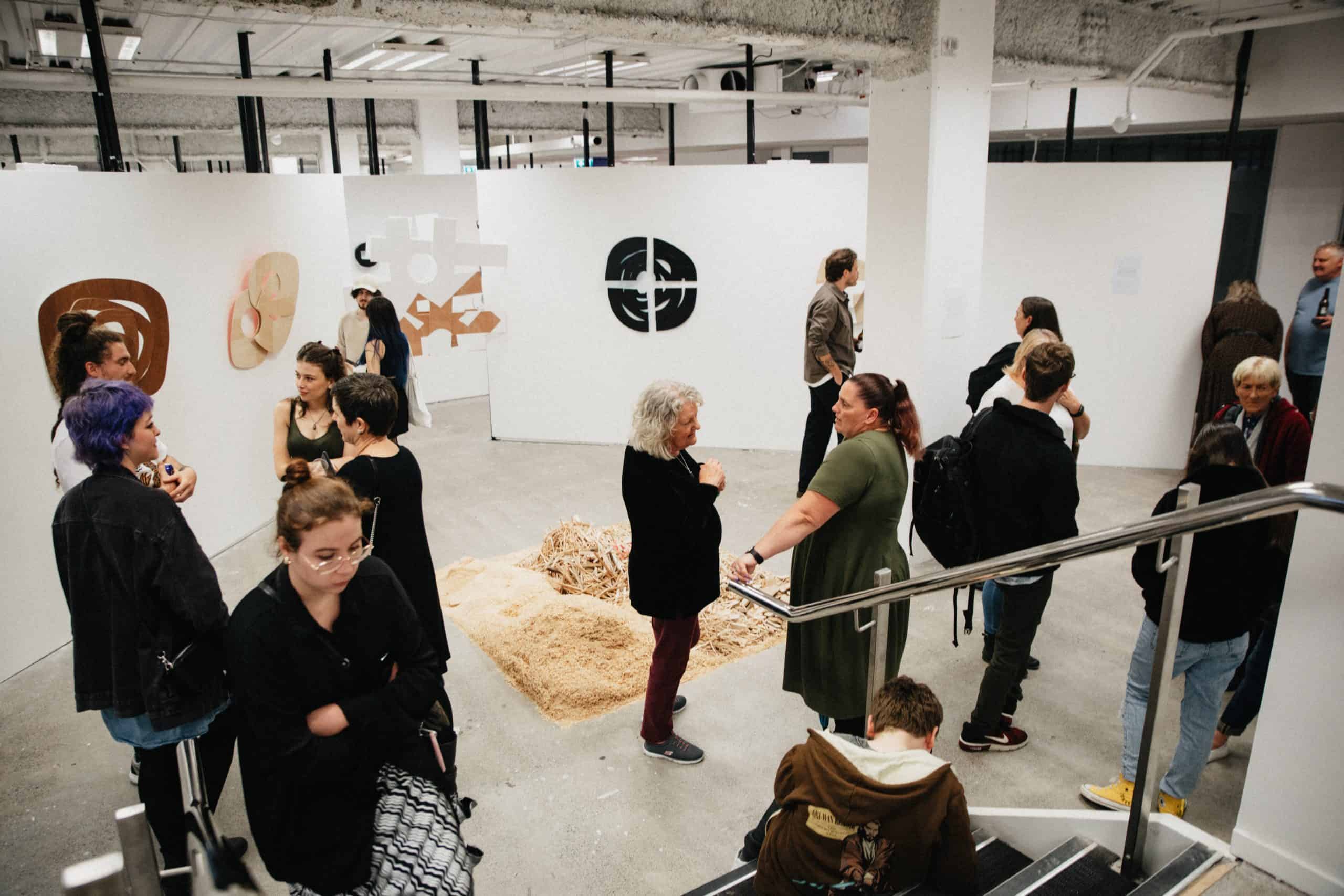
Bachelor of Fine Arts
NZQA Level 7 (360 credits)
Many of our graduates have gone on to be successful exhibiting artists, both in New Zealand and overseas.
However, a Fine Arts degree also prepares graduates for a wide range of careers, giving them essential skills for the modern job market: the ability to think creatively and flexibly; to work independently or collaboratively; to respond constructively to criticism, and to participate in intelligent debate.
Our graduates are proven self-starters, many of whom become self-employed or owners of successful small businesses within the creative fields.
All applicants must
Interviews may be conducted by video conference if necessary. Portfolios can be provided in digital format (PDF preferred).
Domestic students must also
Have achieved NCEA University Entrance or equivalent CIE/IB award including:
Literacy – 10 credits at level 2 or above made up of 5 credits in reading and 5 credits in writing
Subject endorsement in at least one Level 3
Visual Arts subject (Design, Painting, Photography, Painting, or Sculpture) is preferable
OR
Hold a New Zealand or overseas qualification assessed to be equivalent to the above
OR
Have gained exceptional marks in accomplishing NCEA Level 2, including UE literacy requirements (5 credits in reading and 5 credits in writing at Level 2)
OR
Have gained a level 4 arts and design certificate of at least 60 credits and are 18 years
of age at the commencement of the BFA
OR
Are over 20 years of age, with relevant arts industry experience or skills (demonstrated in their portfolio).
International applicants must
Our lecturers are practicing artists themselves with established local, national, and international reputations. This is key in helping us ensure our graduates have the real-world skills needed for the future.

David Cowlard is a senior lecturer with specialist teaching experience in lens-based practices, d ...
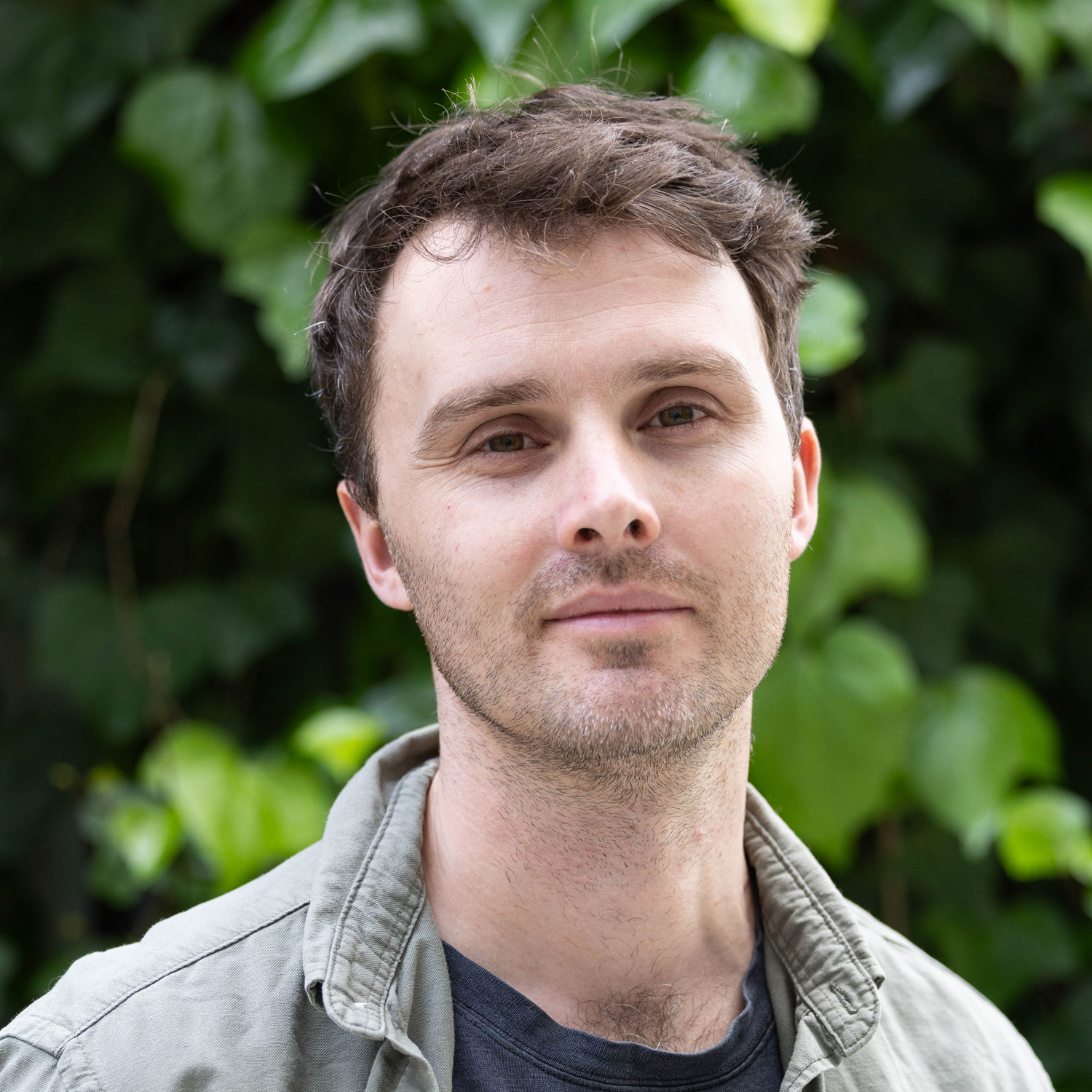
Anton Maurer is an artist and educator, with a practice grounded in lens-based media.
...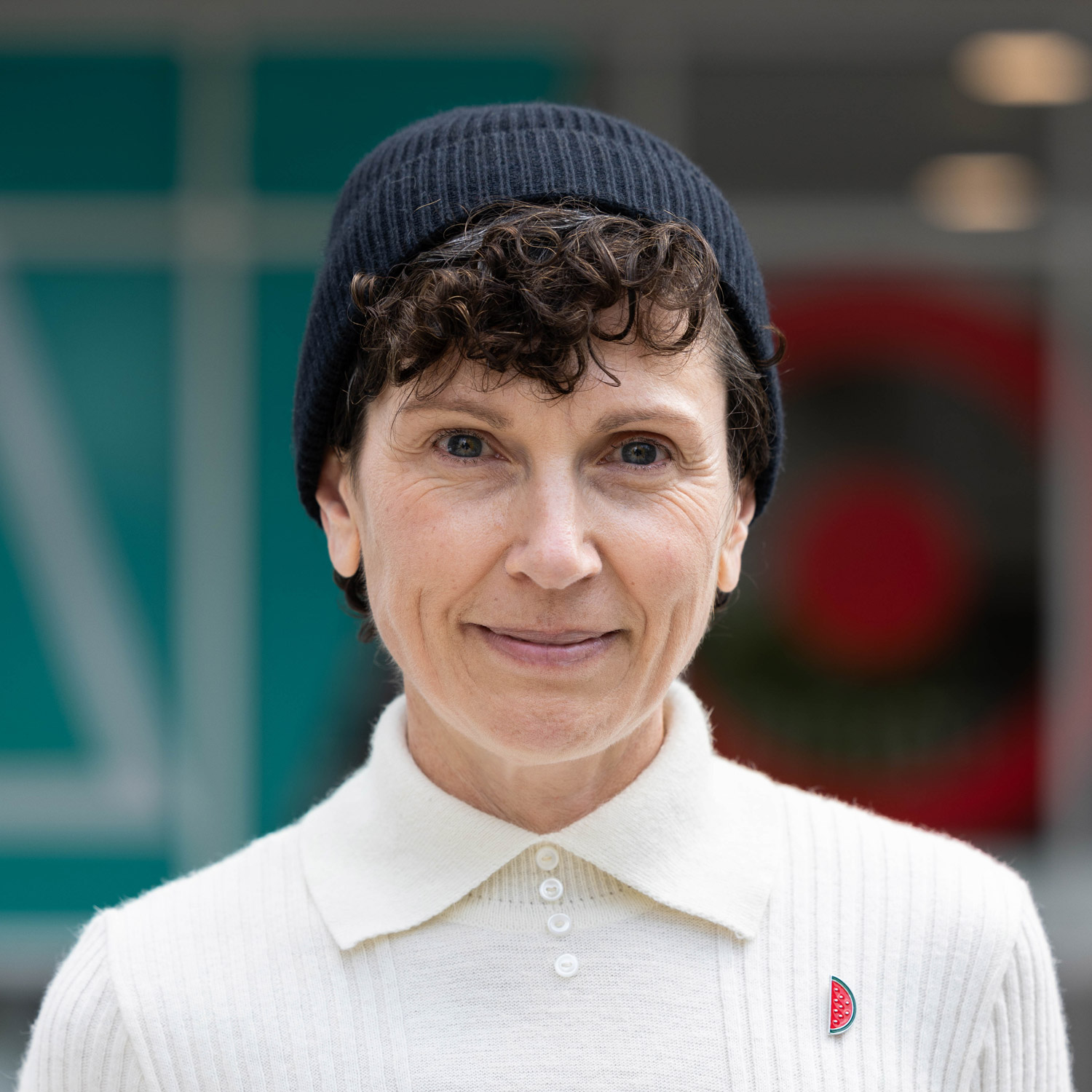
Caryline Boreham is an artist and educator whose recent work blends a photography practice with a ...
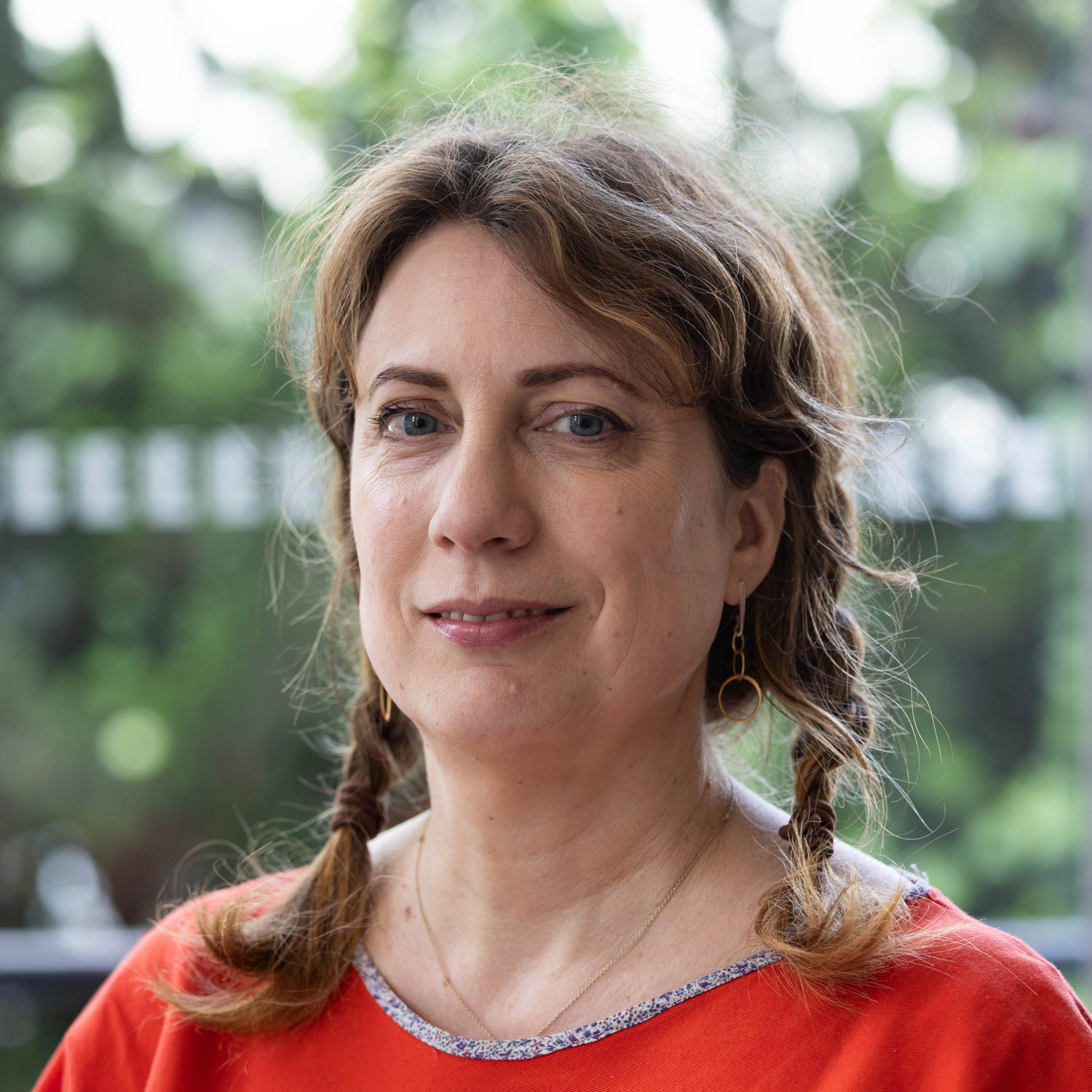
Christina Read’s artwork is bright, playful, and vulnerable. The UK-born Tāmaki-based artist� ...
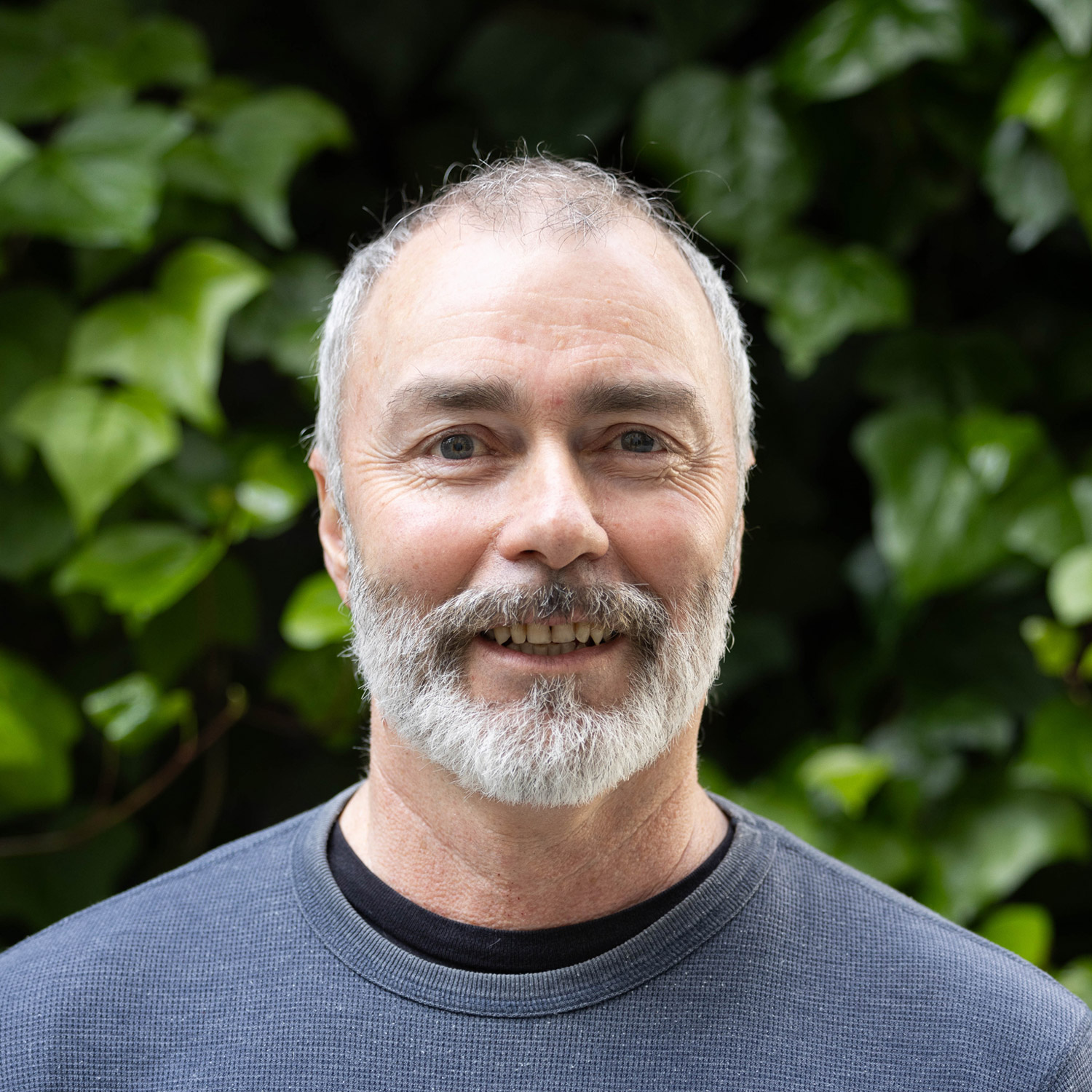
Glen Snow gained his Masters at Elam School of Fine Arts, University of Auckland (UOA) in 2012. H ...
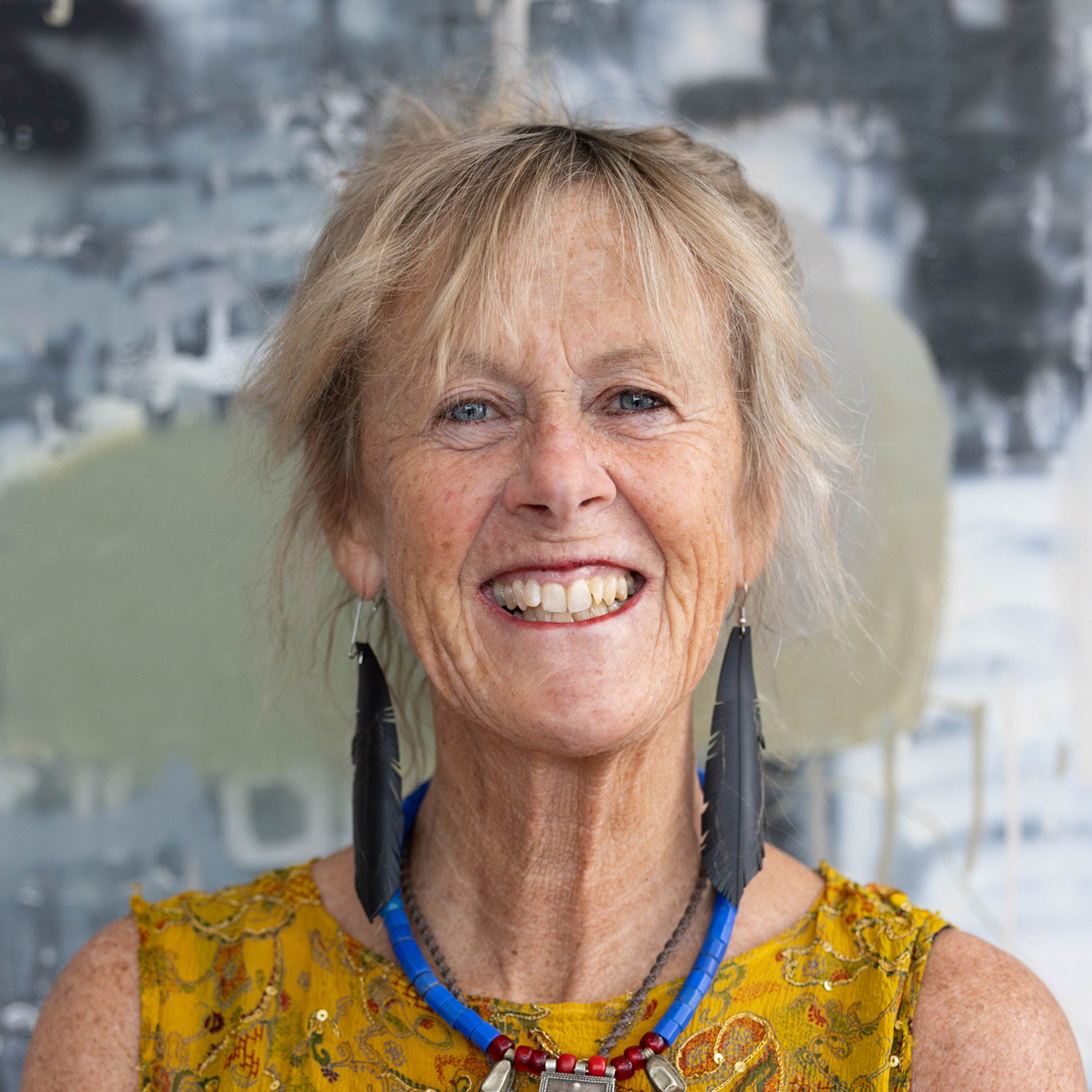
Lynnemaree is a senior lecturer in Fine Arts. She gained her Bachelor of Fine Arts (2006) and a M ...
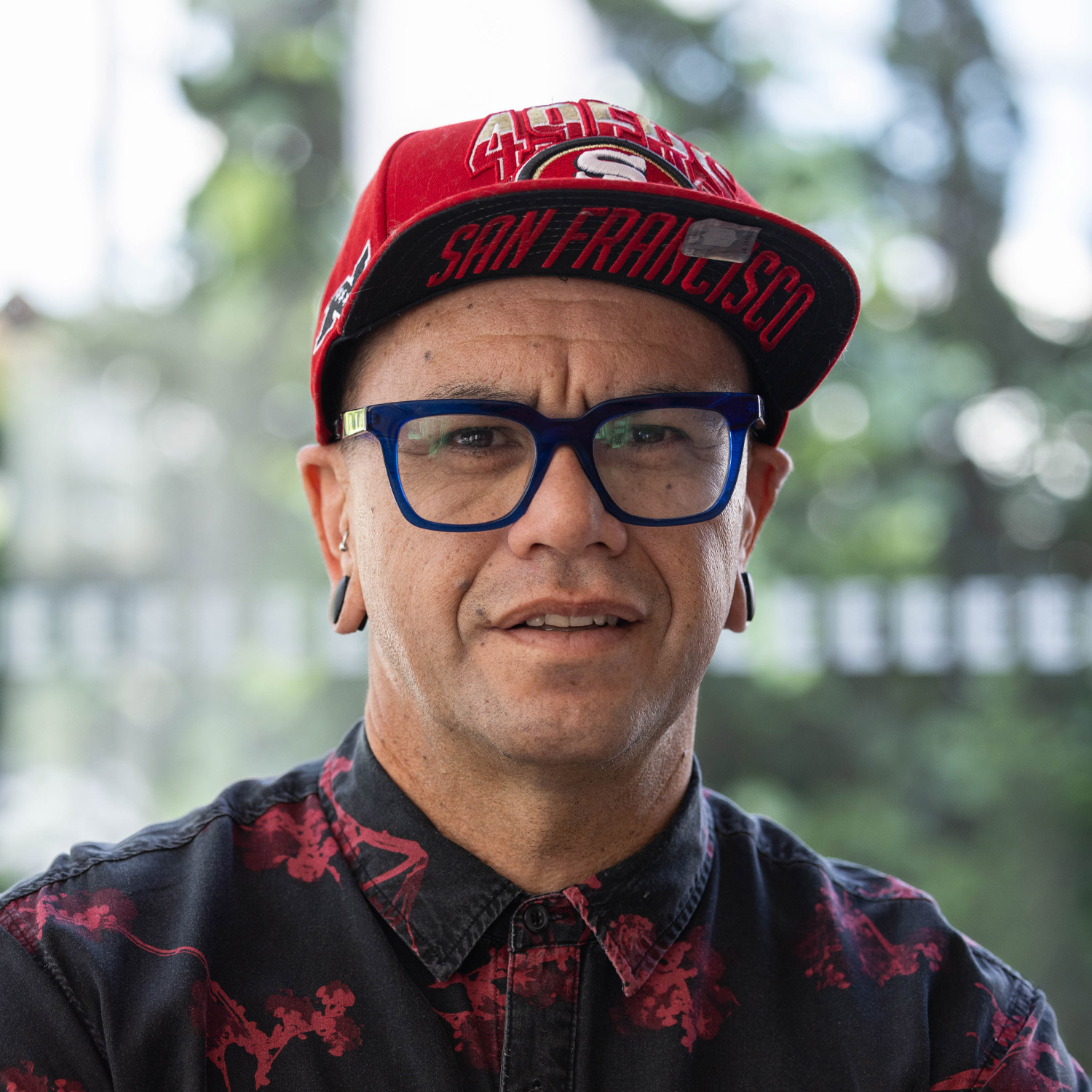
Matt Dowman received his BFA from Whitecliffe in 2002, and a MFA with honours from Auckland Unive ...

Matt is an artist and educator with 30 years of experience in the arts sector.
He is Head ...

Noel completed his undergraduate studies at the School of Art, Otago Polytechnic before completin ...
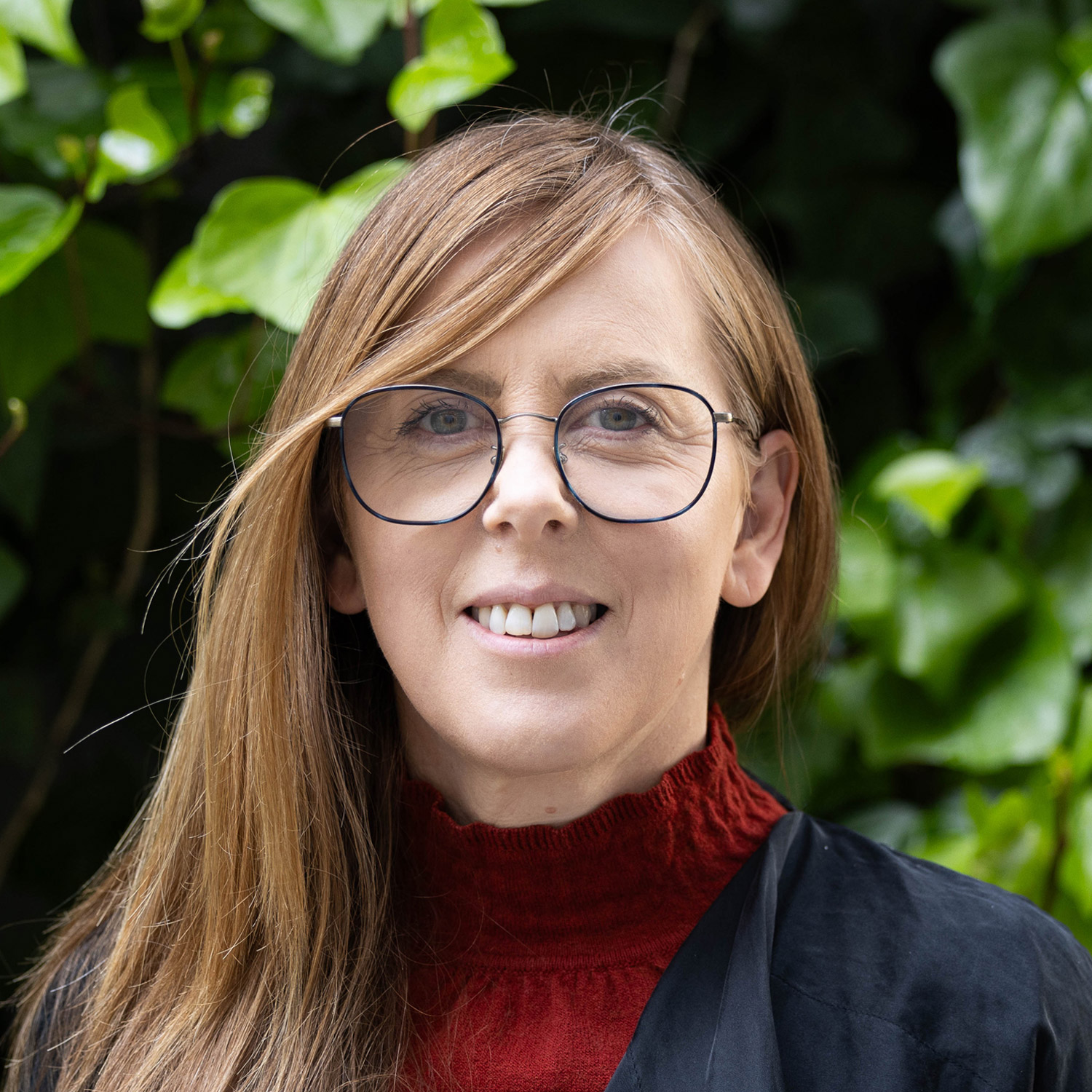
Sonya Lacey completed an MFA through Auckland University’s Elam School of Fine Arts and is the ...

Richard Maloy completed his MFA from the University of Auckland in 2001. He employs a multi-disci ...